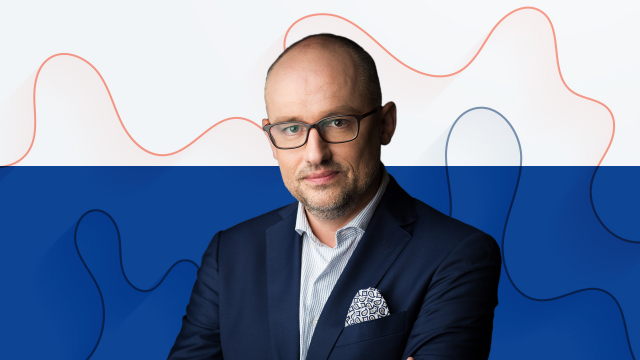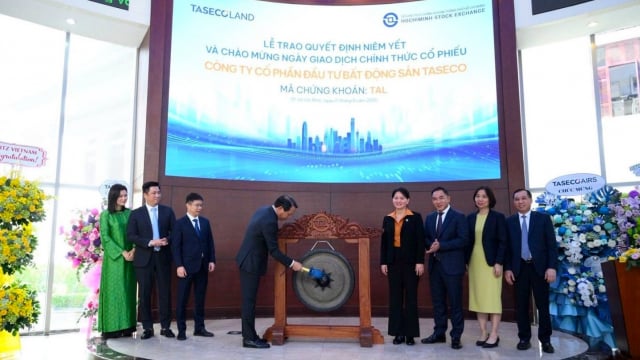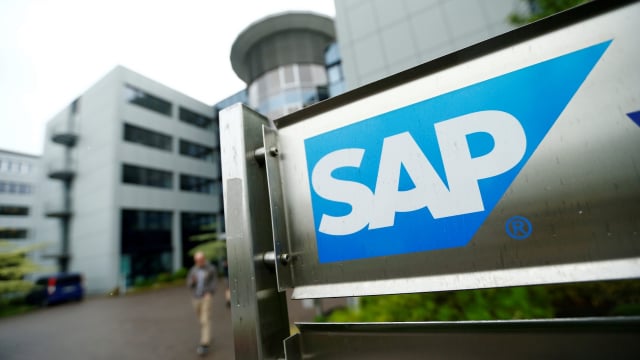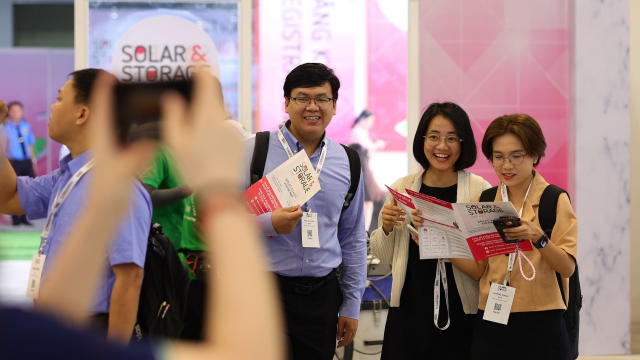Business
Enterprises promote EPR in circular economy
Vietnamese businesses has prepared for Extended Producer Responsibility (EPR) implementation very early, even before when the Law on Environmental Protection 2020 was approved.
In 2019, nine leading FDI and Vietnamese companies having high prestige from consumer goods, packaging, retail, and import industries, jointly established Packaging Recycling Organization Vietnam (PRO Vietnam). It is considered to be the primitive form of an industry-level EPR enforcement organization.
The first goal of the group is to change consumers' behavior and awareness towards product packaging through promotion and communication.
According to OECD, EPR is a policy approach under which producers are given a significant responsibility – financial and/or physical – for the treatment or disposal of post-consumer products.
Assigning such responsibility could in principle provide incentives to prevent wastes at the source, promote product design for the environment and support the achievement of public recycling and materials management goals.
In 2021, Coca-Cola Vietnam, one of the founding members of PRO Vietnam, rolled out a ‘Recycle Me’ message on its package labels across all its brands and products, to remind consumers to help recycle the bottle.
More broadly, it will increasingly be including recycling messages in its marketing campaigns and social channels to encourage consumers to help recycle more.
Under its World Without Waste vision, Coca-Cola has been partnering with many organizations to help collect and recycle plastic waste locally. Among those partnerships, Plastic Action Network program (PAN) with Centre for Supporting Green Development (GreenHub) since 2018 is one of the most effective programs to redefine the value of plastic waste as well as promoting the local community groups in waste management system in Vietnam.
The partnership brings Coca-Cola Vietnam and Greenhub together behind a clear objective that is to introduce and establish a tested system of waste separation and improve existing recycling practices with safety, practicality, and scalability for informal and formal waste pickers in Ha Long bay, Ha Long city, and recently Can Gio district, Ho Chi Minh city.
The ‘Recycle Me’ initiative is the latest step from Coca-Cola as part of a holistic approach by the company across Vietnam to tackle packaging waste. Last year, it switched Sprite from its iconic green bottle to a clear PET plastic bottle, to boost local recycling of Sprite bottles.
PepsiCo Vietnam, another founding member of PRO Vietnam, is also active in collecting packages and promoting recycling activities for a sustainable development of Vietnam.
It and its partners, the Center of Education and Development (CED) and National Economics University (NEU), kicked off a two-year “Increase awareness in plastic waste management” project in 2020. As part of the initiative, the partners plan to train 60 young Vietnamese environmental leaders, aiming to strengthen plastic recycling education in communities, enhance young people’s awareness of single-use plastic waste, and inspire more sustainable behaviour changes, particularly in collecting and treatment.
In addition, since 2019, it launched the “Revival of Waste" trash classification campaign in all offices and factories. 400 new bins set up at 82 waste classification areas were equipped for waste sorting in factories and offices. With the protecting environment purpose, the program has received an overwhelming participation of all employees.
Other members of PRO Vietnam such as Nestlé Vietnam, Tetra Pak Vietnam, Mondelez Kinh Do, URC also run their own programs, contributing to common goal that is to make Vietnam green, clean, and beautiful by promoting a circular economic model through more accessible and sustainable packaging collection and recycling process.
In addition, there are a lot of joint projects has been coordinated by PRO Vietnam with related units, such as environmental sanitation companies, namely CITENCO, URENCO, HEPCO; Vietnam Urban Environment and Industrial Zone Association (VUREIA), the Institute for Circular Economy Development (ICED).
It also organized some media campaign, including 'Joining hands to reduce plastic waste', 'Trash for gifts', as well as 'Action for clean environment' contest jointly run with Lagom Vietnam.
Previously, PRO Vietnam sponsored for the translation and distribution of the book "Learning about 3R" published by the Japanese Ministry of Environment. The version for children was introduced and taught in some primary schools in Hanoi.
How companies are transitioning in circular economy
Michelin leads the smart mobility revolution with data and AI
Michelin is undergoing a strong transformation by applying AI and smart analytic, helping lead the smart, safe, and sustainable mobility revolution in the Industry 4.0 era.
LG Innotek secures $200 million IFC loan following revenue drop
LG Innotek Vietnam Hai Phong secured a $200 million IFC loan as revenue slows, aiming to expand camera module production while meeting sustainability targets.
Leading with empathy in Vietnam’s billion-dollar investment flows
For Koen Soenens, Sales and Marketing Director at DEEP C, empathy is a compass that guides major deals, the way a leader builds a team, and the ambition to create a sustainable industrial zone that carries a Vietnamese identity.
Taseco Land’s new logo marks a new growth trajectory
Taseco Land has shifted its listing to HOSE and introduced a new upward-pointing arrow logo - a visual statement of its strategy to raise capital, expand its land bank, and strengthen its standing in Vietnam’s real estate sector
SAP positions Vietnam as key R&D hub with €150 million investment
Located in the heart of Ho Chi Minh City, SAP Labs Vietnam is the second SAP Labs Network hub in Southeast Asia, following Singapore and is one of 20 countries that have SAP Labs globally.
Solar & Storage Live Vietnam returns, leading sustainability and innovation in energy sector
Solar & Storage Live Vietnam event has been running since 2017 and the 2025 edition will be the biggest yet.










































